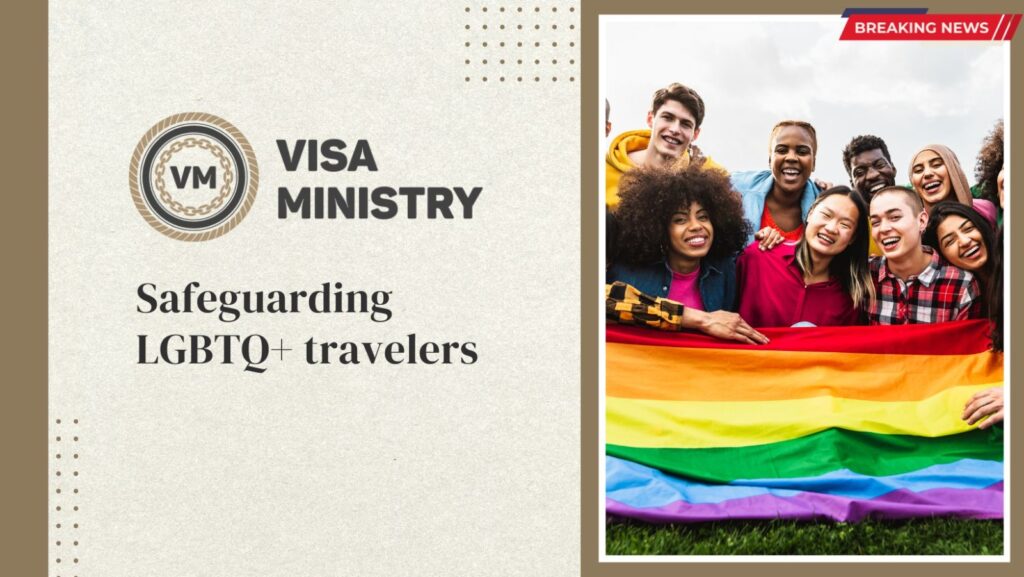It is crucial to acknowledge the many demands of travelers and the significance of LGBTQ+ travel safety in the ever-changing world of today. The updated LGBTQ+ module has just been released in honor of Pride Month by International SOS, the top provider of security and medical services in the globe. The LGBTQ+ rights organization Stonewall UK provided guidance in the creation of microlearning. It seeks to give people and organizations the information and resources they need to promote inclusivity and protect the LGBTQ+ community while on business trips.
The updated LGBTQ+ section discusses local attitudes, prejudices, and difficulties that may provide dangers to LGBTQ+ visitors. Additionally, it discusses the various immigration and airport security rules, regional prescription drug importation laws and practices, and advice on how to get safe help. The course will also be offered in Korean, Japanese, Simplified Chinese, French, German, Italian, and Spanish.
According to Laurent Fourier, CEO of International SOS’ Health & Security Subscription Services, “violence and discrimination continue to be major problems for the LGBTQ+ population. Depending on the location to which they travel, the hazards experienced by the LGBTQ+ workforce may differ, and they may also be influenced by factors such as the legal situation and degrees of societal tolerance. Organisations must effectively train their employees for predicted health and travel security hazards because the experience of travelling for their LGBTQ+ workforce can be extremely different.
“The LGBTQ+ module provides useful information for pre-trip study, including details on regional customs, beliefs, and views towards LGBTQ+ people. This aids businesses in upholding their duty of care to protect their varied, mobile workforce.
Top five recommendations for businesses to encourage the security of their LGBTQ+ traveling employees:
- Encourage pre-trip planning and research by making LGBTQ+ information and pre-departure advice available to all travelers. The local implementation of LGBTQ+ rights, restricting regulations, and the culture of the location should all be included in pertinent material.
- Provide LGBTQ+-specific advice on risks and mitigation to traveling employees so they may decide what is best for their own safety and the safety of their coworkers. Educate employees about safety procedures. This may involve being attentive to proper clothes, avoiding dangerous situations, and exercising caution when making displays of affection in public or disclosing personal information.
- Make sure you are familiar with the immigration laws and airport security procedures. Transgender travelers may have trouble entering a nation if their identification documents don’t match how they are currently presenting themselves. In some cases, it may be beneficial to see a medical expert prior to travel to determine whether a letter of support or explanation could simplify entrance.
- Provide ideas for safe accommodations; the absence of anti-discrimination laws may make it easier to decline accommodations. Give staff members a list of accommodations with a track record of promoting safety and inclusivity for LGBTQ+ people.
- Inform staff members of their rights and the services accessible to them by sharing LGBTQ+ inclusive policies and emergency contacts. This makes LGBTQ+ tourists feel supported and enables them to locate appropriate support services.
Source: traveldailymedia
